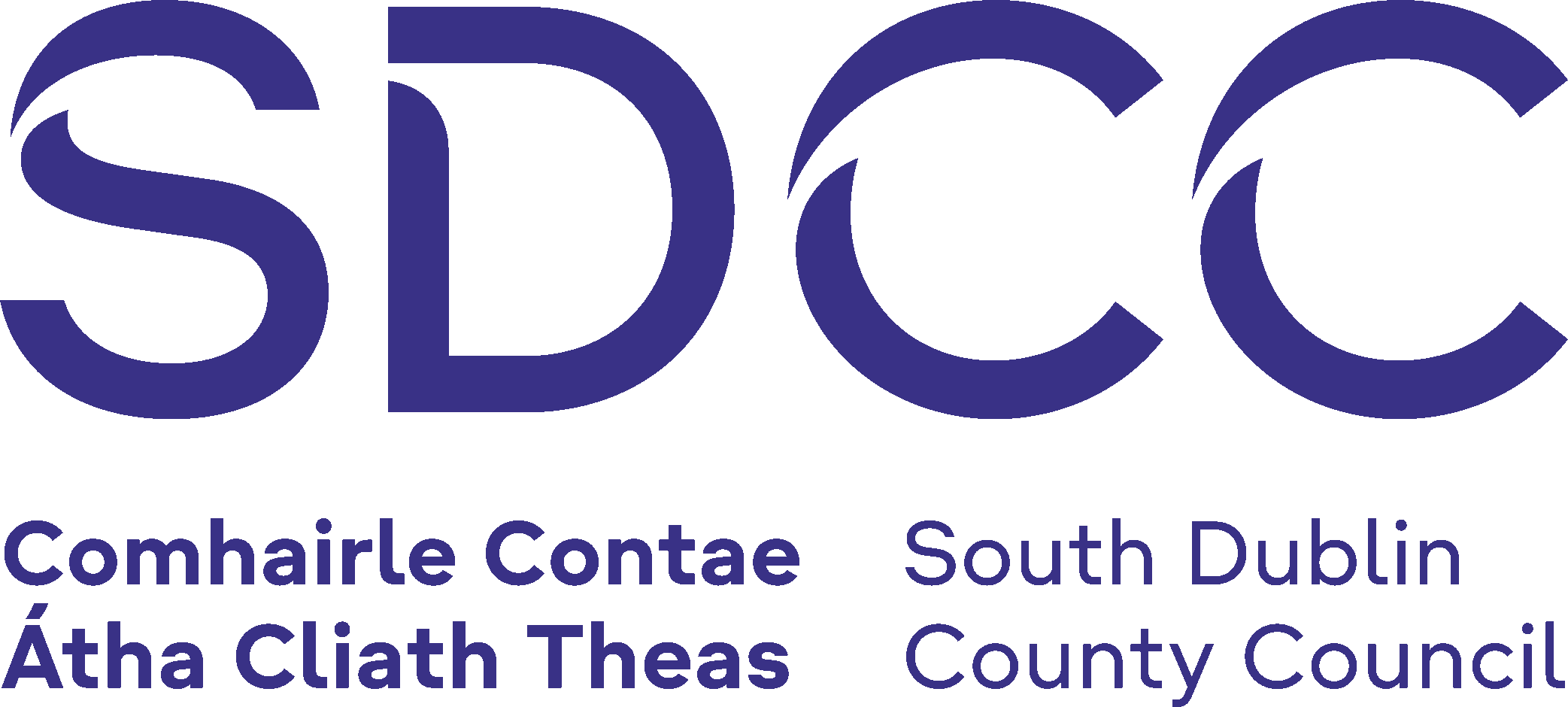Rathfarnham Castle Park
Rathfarnham Castle was designed by James Stewart and William Chambers and it is believed that the castle was built in 1582 for Archbishop Loftus d the building and extensive demesne remained in the family until 1723 when it was sold to “Speaker” Conolly, of Hellfire Club fame. It returned to the Loftus Family in 1767 and was restored and redesigned. One of the most interesting features of Rathfarnham is its secret tunnels. One leads from the castle to an exit at the present Castle Golf Club. Another led from the castle to the Protestant church in the village, this tunnel was only discovered in 1987. Both have since been closed off. Rathfarnham Castle was declared a national monument in 1986 and is managed by the Office of Public Works as a visitor attraction.
The grounds of Rathfarnham Castle and the former courtyard buildings that form Rathfarnham Castle Park comprise approximately 7 hectares. The Castle Park is a welcoming place with attractive walks, mature woodland, two playgrounds, a woodland pond and a formal pond.
The park can be accessed from six different entrances. The main car park is off Rathfarnham Road with a pedestrian access point, the car park is laid out along the line of the wall of the castle outbuildings and courtyards. A vehicular and pedestrian entrance is located off Castleside Drive which is the earliest known entrance to the castle. There are three pedestrian entrances to the park from Grange Road, Rathfarnham Woods and Castleside estate. There are a number of bus routes passing Rathfarnham Castle Park.
In 2017 Rathfarnham Playground was included on the “50 of the best playgrounds in Ireland” list. The Playgrounds in Rathfarnham Castle Park were constructed in 2008. In celebration of the real Rathfarnham Castle nearby, the playground was built with a castle theme. The castle has been artfully outfitted with stone walls and tower-like roofs, complete with flags nestled in between the woodland to create additional drama play.
Kids of all ages can explore their imaginations as they choose whether to patrol the towers, hide within the castle, or storm it by climbing the walls! There are so many ways to enter the “castle” while exercising muscles and critical skills. There is also a large net climber for more unscripted climbing challenges.
In the woodland, there is an additional playground that allows children to explore nature and use the equipment as props to play through imagination acting out stories that they create.
There is a solar-powered water station located in the park. This water station does not use any mains power and phones can be charged by using the USB port on the solar panel which is located around chest height. You can find real-time data on total water dispensed, plastic bottles nullified/saved and the plastic saved in weight (kg) format here.
Within the woodland, there are meandering pathways where children and adults alike can explore the woodland. Within the woodlands, there are many species of herbs recorded such as alexander, anemone, angelica, butterbur, lesser celandine, chickweed, cleavers, comfrey, cow, parsley and fumaria. With the planting of pollinator beds, SDCC has identified Andrena cineraria (Ashy mining bee) within the park grounds. The females are black and have two distinctive grey hairbands across the thorax (there are no other solitary bees like this in Ireland) Due to the wide variety of the landscape in the park there are many habitats to be found here. The grey squirrel, rabbit, common frog and bats can all be found in the park. Bats and frogs are strictly protected under the Wildlife Act and the EU Habitats Directive.
Opening Hours
November, December and January 10.00am - 5.00pm,
February and March 10.00am - 6.00pm,
April and October 10.00am - 7.00pm,
May and September 10.00am - 8.00pm,
June, July and August 10.00am - 9.00pm

